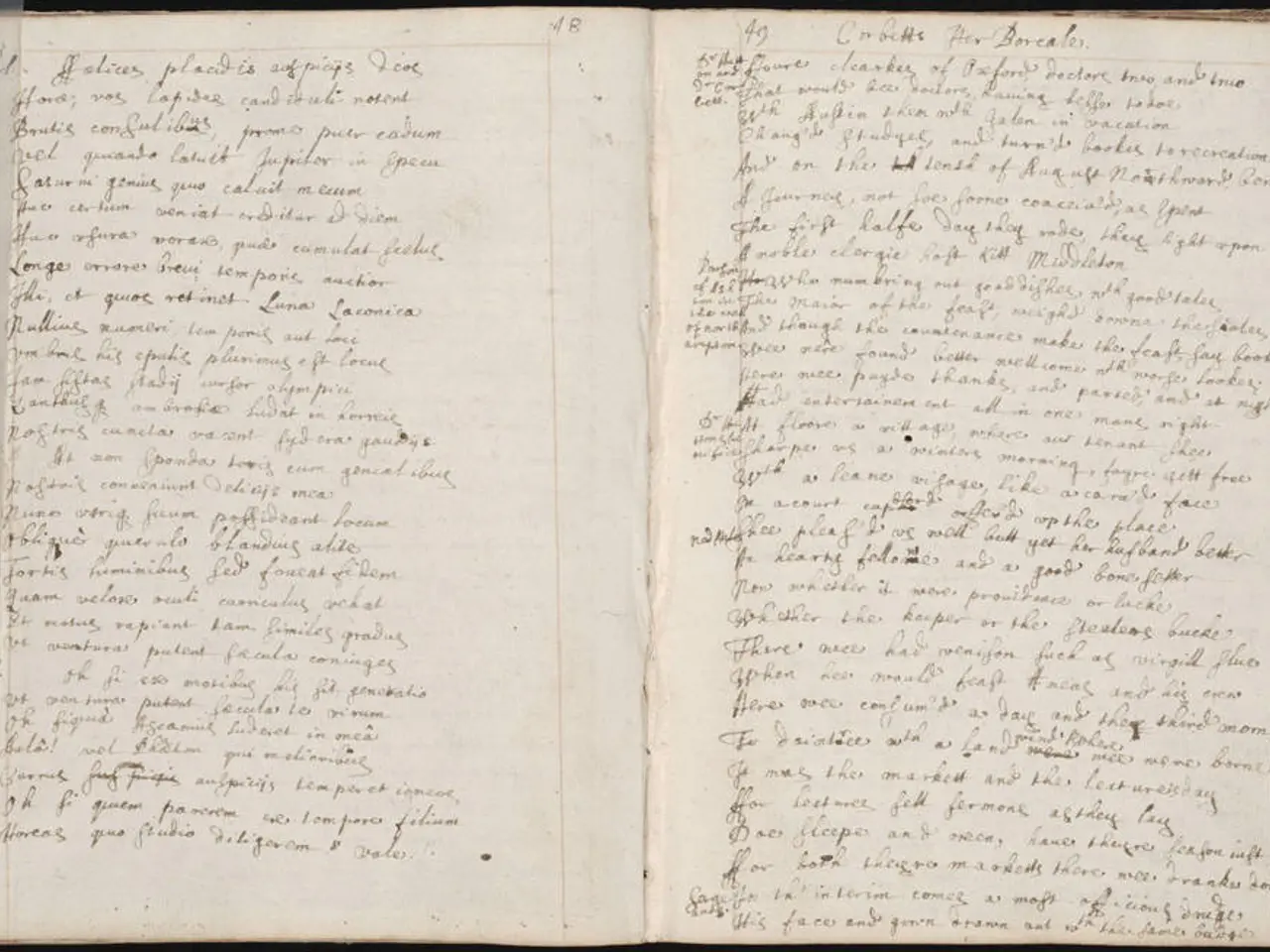Crafting Compelling Conclusions for Theory of Knowledge (TOK) Essays
Writing a compelling conclusion for a Theory of Knowledge (TOK) essay is crucial, as it ties together all the arguments, reinforces main points, provides closure, and showcases critical thinking. Here are some strategies to help you craft an effective TOK essay conclusion.
Revisit the Core Theme
Remind the reader of the broader context of your essay and how your discussion contributes to the central theme. By revisiting the Core Theme, you ensure that your conclusion aligns with the overall purpose of your essay.
Summarize Main Insights
Summarize the main insights you've gained through exploring the knowledge question. Implicitly express your stance or a balanced view of the complexities involved. This section should encapsulate the essence of your essay in a concise yet comprehensive manner.
Highlight Implications
Highlight the implications of your findings for understanding knowledge. Be mindful not to oversimplify or overgeneralize, as the nature of knowledge is inherently complex. Instead, aim to provide a thought-provoking yet nuanced interpretation of your findings.
Connect Arguments Explicitly to the Knowledge Question
Avoid introducing any entirely new evidence or arguments. Instead, integrate what has already been analyzed to reinforce your essay’s main points and demonstrate coherent critical thinking.
Use Clear Language
Avoid unnecessary jargon. The aim is to make your conclusion accessible to a general audience. By using clear, straightforward language, you ensure that your message is easily understood.
Incorporate Real-Life Examples
Incorporating real-life examples can significantly enhance the impact of your conclusion. By doing so, you provide a relatable context for your readers, making your arguments more tangible and memorable.
Maintain a Clear Structure
Maintaining a clear structure is important for the effectiveness of your conclusion. Ensure that your conclusion follows a logical flow, with each paragraph building upon the previous one.
Proper Referencing
Proper referencing boosts the credibility of your essay. Make sure to use standard citation styles, verify your sources, and include all necessary citation details.
Get Feedback
Getting feedback from peers or mentors can help you improve your TOK essay conclusion. Constructive feedback can help you identify areas for improvement and refine your arguments.
Common TOK Concepts
Some common TOK concepts that can be used in essays include evaluating perspectives, questioning assumptions, using real-life examples, and integrating theories. Incorporating these concepts can help you approach your knowledge question from various angles, providing a more comprehensive analysis.
Avoid Unnecessary Jargon and Personalize Your Essay
Avoiding unnecessary jargon enhances the accessibility of your conclusion. Personal examples can add a unique touch to your essay, making it more engaging for the reader.
Demonstrate Critical Thinking and Synthesize Insights
The TOK essay requires students to demonstrate critical thinking, explore diverse perspectives, and synthesize their insights to address the prescribed title. By doing so, you demonstrate your ability to think deeply about knowledge and its nature.
In conclusion, a strong TOK essay conclusion should connect arguments explicitly to the Knowledge Question, synthesize perspectives, highlight insights, use clear language, and end with a thought-provoking statement. Clarity and simplicity are crucial for a strong TOK essay conclusion.
Students should remember to revisit the Core Theme when crafting their Theory of Knowledge (TOK) essay conclusion, ensuring the alignment of their conclusions with the overall purpose of their essay. Additionally, students should summarize the main insights they've gained through exploring the knowledge question, offering a concise yet comprehensive summary that encapsulates the essence of their essay.




